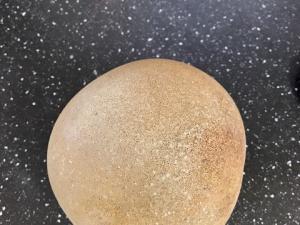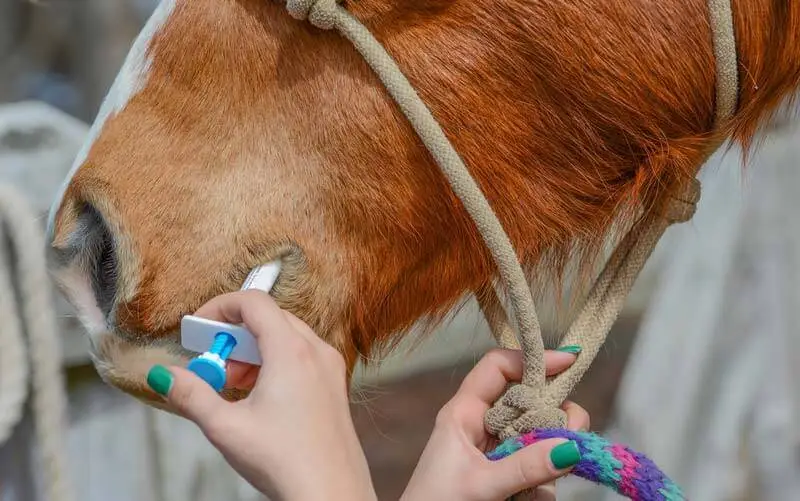How do I know if my horse has an enterolith?

If your horse is over the age of 10 and showing recurring colic symptoms, enteroliths may be suspected. When detected early, up to 95% of horses will recover following their surgical removal, but these intestinal stones can be deadly.
Ranging from pea-sized to softball-sized – and sometimes larger – enteroliths are mineral masses which form around foreign matter in the horse’s colon. While small enteroliths may be passed in your horse’s manure, their danger only increases as they grow in size.
Made of struvite, vivianite and a mixture of sulfur, sodium, potassium, calcium, titanium, aluminium and nickel, enteroliths restrict the normal movement of food through the digestive tract. In severe cases, the intestine ruptures, leading to death, if the enterolith is large enough to block the intestines from passing injesta.
Horses at Risk of Enteroliths
Enteroliths are most common in horses above 10 years of age, but they have been seen in foals, so caution must be taken for any horse that’s showing recurring colic symptoms. No breed of horse is immune to enteroliths, although they’re most common in Arabians.
Veterinarians have linked three factors to enterolith formation, but the exact reason why some horses develop enteroliths remains unknown.
The three most common factors associated with enteroliths are:
- Diet – Studies suggest lucerne hays, high in minerals, may be linked to enterolith formation, while other studies point to mineral-rich feeds and water sources.
- Management – Horses allowed access to pasture have a lower risk of enterolith formation compared to stabled horses. This may be linked to movement and even certain bedding choices, such as straw.
- Genetics – Studies have also found a small number of horses – 10% – have a hereditary link. Dietary and management changes to reduce calcium, magnesium, phosphorous, sodium and potassium consumption may be helpful in avoiding enteroliths for these horses.
Radiographs should be taken for any horse showing recurring colic symptoms. Only with veterinary examination will you be able to determine if enteroliths are the cause.



